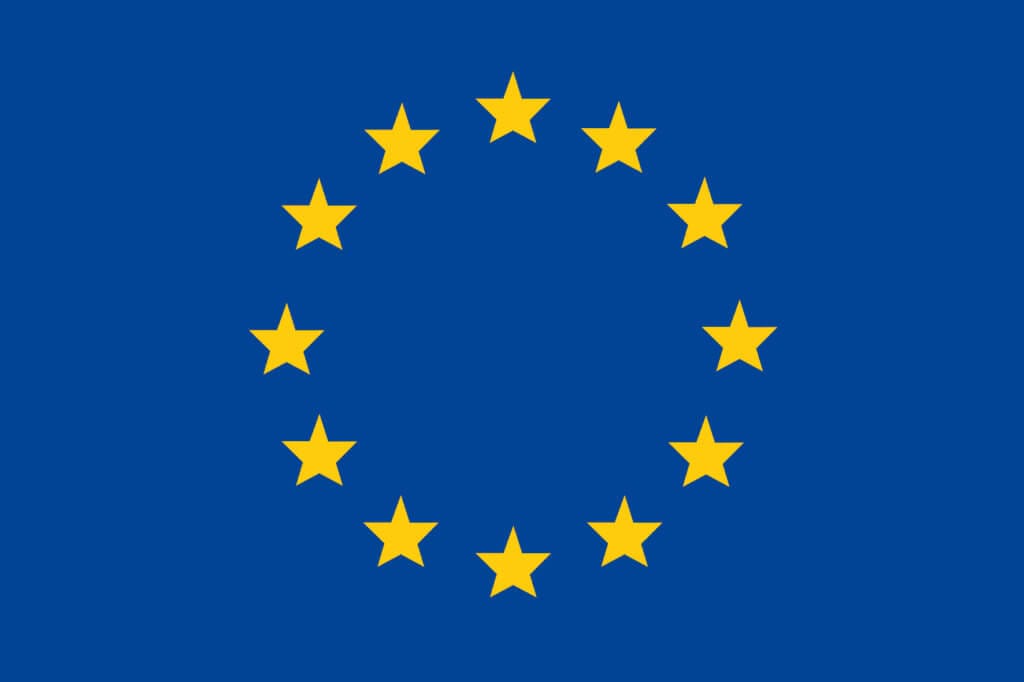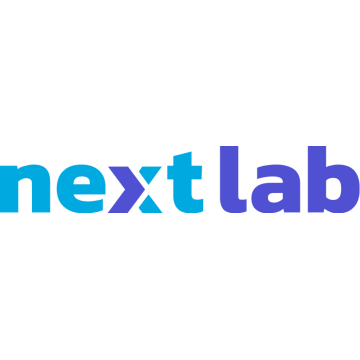The Next-Lab project has received funding from the European Union’s Horizon 2020 Research and Innovation Programme, under grant agreement nº 731685.
Period: 2017-01-01 – 2019-12-31

This publication only reflects the author’s view and the European Union is not responsible for any use that may be made of the information it contains.
The Next-Lab continued the mission of the project Go-Lab, promoting innovative and interactive teaching methods and introducing inquiry-based science education (IBSE) in schools.
After four years, the Go-Lab project officially ended in October 2016. But the Go-Lab initiative was not over! The Next-Lab project, started in January 2017, took the Go-Lab Portal to a higher level in terms of impact and innovation.
Next-Lab increased the number of teachers and students involved, expanding its target group to include primary school students, and addressing pre-service teachers, cooperating with teacher training institutions and contributing to their training programmes. Through the Teachers of the Future, the Next-Lab consortium inspired more young people to science and technology.
The open authoring (Graasp) and sharing (Golabz) platforms were improved with new features demanded by teachers and new tools for students. The authoring tool allows teachers to work collaboratively in order to create cross-curriculum learning scenarios and Inquiry Learning Spaces to share with their students. Students are also able to work collaboratively on their learning and research projects. Learning Apps were made available, allowing students to develop the 21st century skills, and also a tool to create ePortfolios.
Next-Lab was co-funded by the European Commission in the framework of the Horizon 2020 Programme. The project lasted for three years and was coordinated by the University of Twente in the Netherlands.
NUCLIO was the Portuguese partner in this project.
More information:
https://premium.golabz.eu/about/projects/next-lab

